
8,49 €
inkl. MwSt. und vom Verlag festgesetzt.
Sofort per Download lieferbar
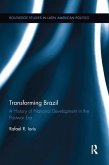
Broschiertes Buch
A History of National Development in the Postwar Era
20. Januar 2016
Routledge / Taylor & Francis
| Gebundenes Buch | 206,99 € | |
| eBook, ePUB | 43,95 € | |
| eBook, PDF | 43,95 € |
Gebundenes Buch
A History of National Development in the Postwar Era
12. Mai 2014
Routledge
Ähnliche Artikel
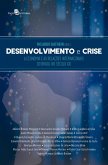
5,49 €
inkl. MwSt. und vom Verlag festgesetzt.
Sofort per Download lieferbar

11,99 €
inkl. MwSt. und vom Verlag festgesetzt.
Sofort per Download lieferbar
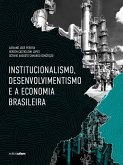
Gebundener Preis 4,49 €**
2,49 €**
**Bis zum 17.03.2025 gebundener Aktionspreis des Verlages
inkl. MwSt. und vom Verlag festgesetzt.
Sofort per Download lieferbar
eBook, ePUB
27. September 2022
Editora UFSM
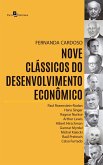
3,99 €
inkl. MwSt. und vom Verlag festgesetzt.
Sofort per Download lieferbar
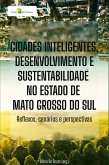
0,00 €
inkl. MwSt. und vom Verlag festgesetzt.
Sofort per Download lieferbar
eBook, ePUB
23. Oktober 2024
Paco e Littera

7,49 €
inkl. MwSt. und vom Verlag festgesetzt.
Sofort per Download lieferbar
eBook, ePUB
12. Dezember 2016
Paco e Littera

5,49 €
inkl. MwSt. und vom Verlag festgesetzt.
Sofort per Download lieferbar
eBook, ePUB
14. Oktober 2022
Paco e Littera

4,49 €
inkl. MwSt. und vom Verlag festgesetzt.
Sofort per Download lieferbar
eBook, ePUB
7. September 2024
Max Editorial
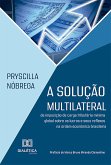
7,99 €
inkl. MwSt. und vom Verlag festgesetzt.
Sofort per Download lieferbar
eBook, ePUB
8. Dezember 2023
Editora Dialética

6,99 €
inkl. MwSt. und vom Verlag festgesetzt.
Sofort per Download lieferbar
Ähnlichkeitssuche: Fact®Finder von OMIKRON
